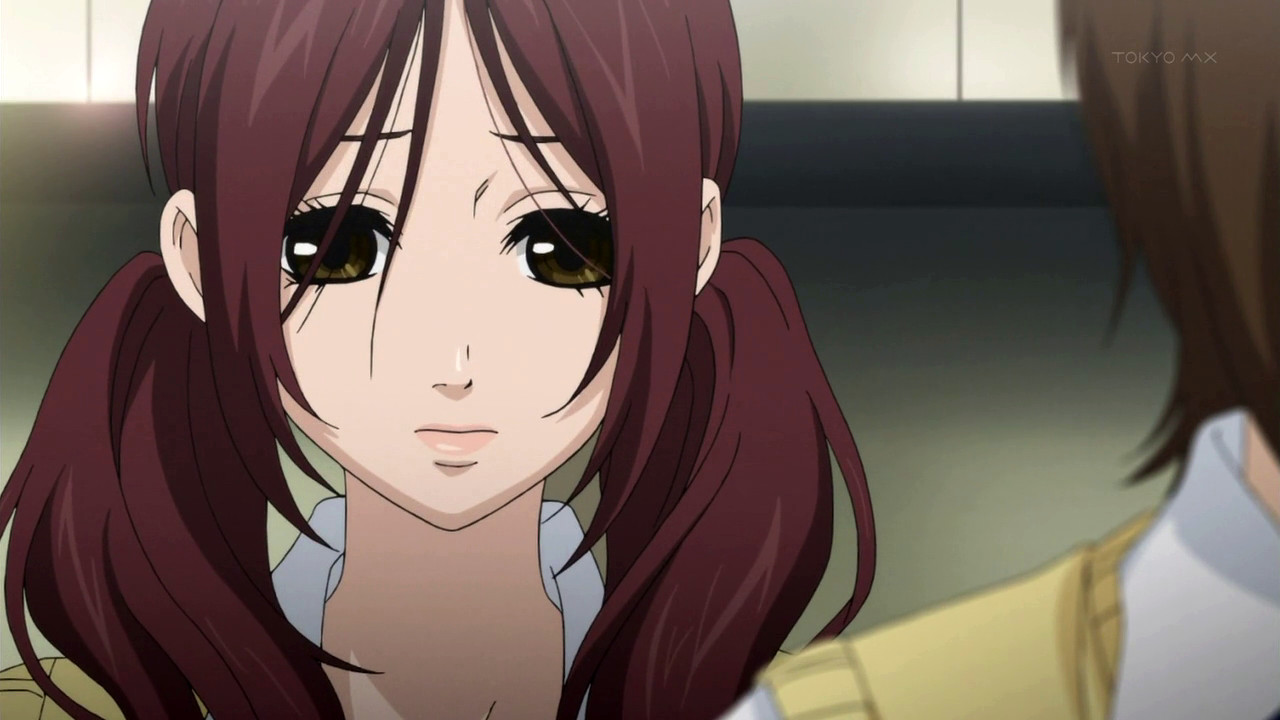
This also holds true if the man used to be able to say it, but not anymore because his feelings of love are fading away. This reason may seem a bit harsh, but there’s no point in lying if the man honestly doesn’t harbor feelings of love. So maybe if all the ladies were willing to step up to the plate first, their men would reciprocate.

Others pointed out that they would feel as if they are lowering their guards by being the first one to say it. Plus, saying it over and over again may cause it to lose some of its initial charm. Yep, it’s just like it says above – many guys don’t want to say it because they think the girl will get an inflated ego.

Let’s give them some more time to contemplate the issue.ħ) “I don’t want to flatter her too much” Therefore, they don’t want to toss out the "ai shiteru" until they have a better idea of what love truly is. Some men who took the survey, especially the younger ones, felt too inexperienced to know whether what they felt was really love or not. Do tough guys who go around saying “I love you” lose some of their masculinity in your eyes? "Suki da" suits them better for expressing their feelings.Ĭertain types of men, such as the three Bs that one of our writers wrote about the other day (band members, bartenders, and hair stylists ("biyoshi"), may not want to shed their cool guy image by falling hopelessly in love and proclaiming their feelings to the world. However, real men are not comic book characters, nor are they comfortable enough to throw the words around in the real world like they do in a drama.
#Say i love you anime tv#
Several men commented on the fact that women often see characters in books or on TV saying "ai shiteru," and consequently may hold unrealistic expectations that men in real life will do the same.

This reason is interesting because it sheds light on how the media can influence people’s actions. There’s no need to rush, so wait until you get to know each other more before taking things up to the next level. After all, you’re still learning new things about each other, and such a declaration may cause the relationship to take an awkward turn. As one man on the survey wrote: “It’s just, well, I’m too shy to say it!” If you sense that this is the case with your man, don’t drive him into a corner, but stay by his side until he’s ready to say it.Įven if everything is going smoothly, men may hesitate to say such a loaded statement if it’s only been a few weeks since you started dating. That means that they may have a harder time directly expressing their feelings, especially when it comes to declarations of love. Japanese men tend to be on the shy side compared to men in other countries. Therefore, men are waiting for the right time and place so that it will have that much more meaning to it. As briefly mentioned before, it packs much more weight and formality than our English “I love you” and is not something to be said carelessly. Men who provided this reason on the survey mentioned that they only want to use this saying in very specific, formal cases. Based on the results, they were able to compile a list of nine common patterns that prevent men from saying "ai shiteru." If you’re dating a Japanese man and have yet to hear the fabled words, you may find yourself in one of the situations below.

Earlier this year they conducted an online survey asking 165 bachelors in their teens and twenties to provide reasons why they don’t say "ai shiteru" to their girlfriends. Either way, the specific connotations of each saying get lost in translation.Įnter Sugoren, a Japanese dating advice site. You would never throw it around casually throughout the day to your friends or family in the way that English speakers use “I love you.” More appropriate perhaps is the phrase "suki da," which translates roughly to a strong “I like you” in a platonic or romantic sense. Textbooks and other resources will tell you to say "ai shiteru," but in reality this phrase is used very rarely due to cultural and linguistic differences. In short, there is no good Japanese equivalent. Whenever someone asks me, “How do you say ‘I love you’ in Japanese?” I’m always at a loss for what to say.


 0 kommentar(er)
0 kommentar(er)
